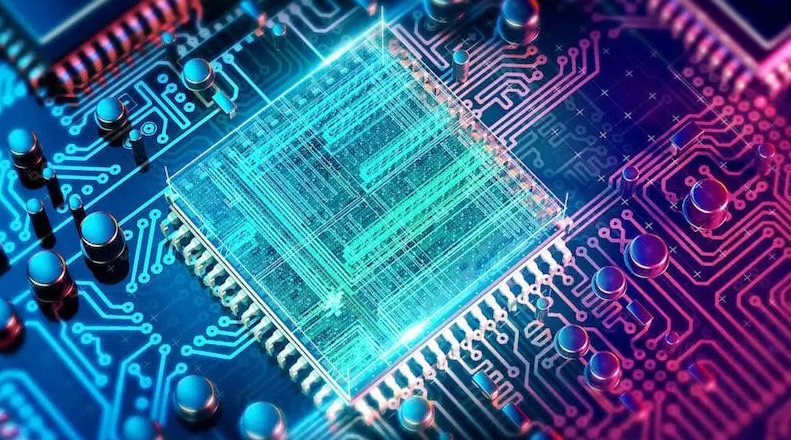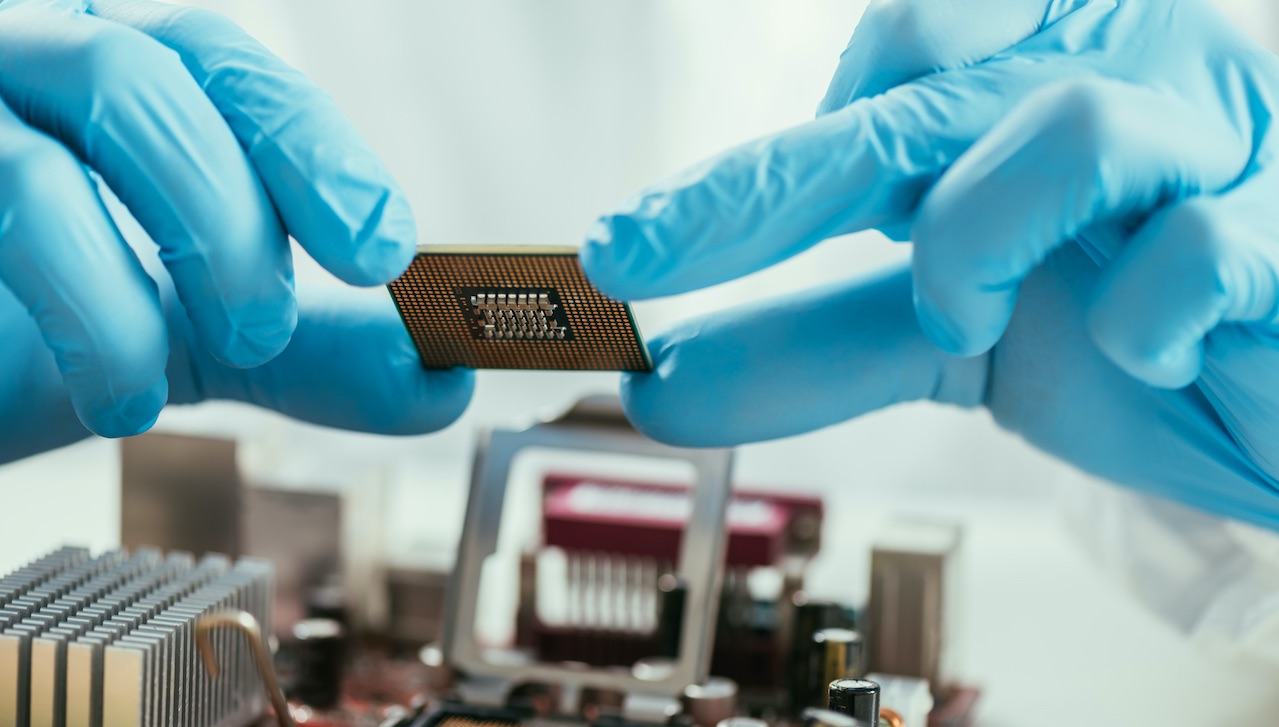Between April and July 2023, first the United States and then the European Union signed their Chips Act. Which is essentially a regulation intended to become autonomous in the production of chips, thus trying to limit the excessive power of Far Eastern countries.
We remember that the world's leading chip manufacturer is Taiwana country in the recent past at the center of a series of political tensions between Washington and Beijing (remember that the island, although recognized as an independent state by 13 sovereign states and the Holy See, is still claimed by China).
In the past few hours, Taiwan has been hit by a very strong earthquake, which has so far caused 9 victims and hundreds of injuries. Not only that: the earthquake partially stopped chip production: let's see why.


The earthquake in Taiwan
On the morning of Wednesday 3 April, a very strong earthquake (with peaks of magnitude 7.4) was recorded off the eastern coast of the island of Taiwan.
While we are writing the article, at 3.30 pm on the same day, there were 9 dead and more than 800 injured. The over 100 tremors gave rise to the largest earthquake in the last 25 years. Three tsunami warnings were issued: in Japan, the Philippines and of course Taiwan.
For the island there is an additional problem: the stop in chip production, due to the earthquake.
The Taiwan earthquake and the chip block
Taiwan is home to the world's largest chip manufacturing company, whose customers include Apple and Nvidia. This is the Taiwan Semiconductor Manufacturing Companybetter known by the acronym Tsmc.
Well, immediately after the tremors Tsmc was forced to evacuate some of its offices, blocking production. In some of these, it seems that the workers have already returned to the workplace.
Another major Taiwanese chip maker, United Microelectronics, has stopped its machines in the Hsinchu and Tainan locations. A spokesperson for United Microelectronics, the world's third largest chip manufacturer, said that “some production machines have stopped, and now our team is working to restart them as soon as possible.”
There is no precise information on the damages reported by the major companies in the sector based in Taiwan.
Chips, precious and fragile
It is not known how long the stop in Taiwan's chip production will last: it depends on the extent of the damage. Furthermore, any other aftershocks are not foreseeable.
What is certain is that Semiconductor production is a delicate and high-precision process: it is easy to imagine, given the smallness of the surfaces on which one operates. Therefore, even the slightest vibration or unexpected movement can affect entire batches of semiconductors.
To be clear, the smallest speck of dust or water resulting from a sneeze can disable a chip. In the next few hours it will therefore be necessary to evaluate the damage not only to the machinery, but also and above all to the most recently produced chips.
Taiwan's excessive power in chip production and the Euroepan Chips Act
Let us remember that a Taiwan produces more than 80% of high-end chipsintended for example for smartphones or artificial intelligence.
TSMC alone, in its four plants, produced over 16 million 12-inch silicon chips in 2023.
Because of this The European Chips Act, in force from 21 September 2023, aims to provide EU countries with 43 billion euros of funds, “oriented towards policies that will support semiconductor regulation until 2030and will be largely accompanied by long-term private investment.”
Also by 2030, the objective of the European Chips Act is to double the EU's global market share in the semiconductor sector, going from 10 to 20%.
The diplomatic case of 2022
The aforementioned political tensions between the US and China reached their peak in August 2022, when House Speaker Nancy Pelosi went on an official visit to Taiwandefining the island as a “reliable economic partner of the USA”.
China naturally had a hard time digesting both the visit and the statements, reading in both the beginning of a partnership between the United States and Taiwan (which Beijing still considers one of its provinces) precisely with regards to chip production. And it reacted by blocking the import and export of products to and from the island, where it also organized large-scale military exercises.
Stay updated by following us on Google News!
Follow!
Don't miss this week on techgameworld.com
✒️ Our unmissable Caffellattech newsletter! Sign up here
🎧 But did you know that Fjona also has her own newsletter?! Sign up to SuggeriPODCAST!
📺 You can also find Fjona on RAI Play con Touch – Fingerprint!
💌 Let's solve your heart problems with B1NARY
🎧 Listen to our unmissable podcast Tech life
💸And you can find some interesting offers on Telegram!















Leave a Reply
View Comments